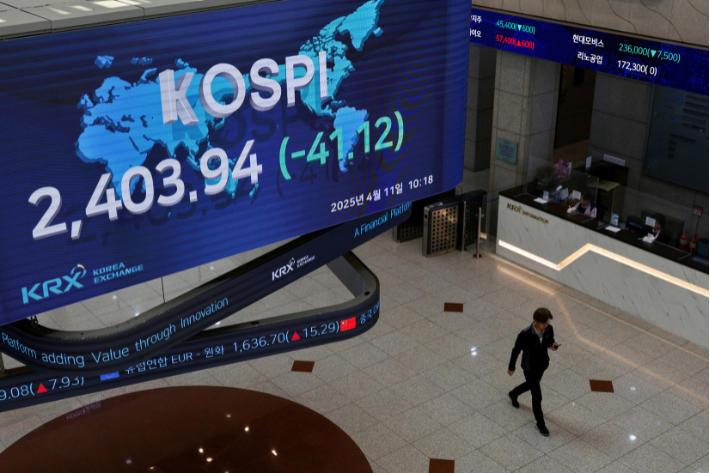Asia’s central banks have been warned by the IMF that they must be ready to tighten monetary policy even further as prices surge and currencies plummet across the region.
The soaring US dollar has piled the pressure on economies across the Asia-Pacific, pushing up commodity prices and weighing down currencies, particularly Japan’s yen which this week fell to a 32-year low.
Many Asian currencies depreciated “quite sharply” as US monetary tightening led to widening interest rate differentials, helping push up import costs for the countries, said Krishna Srinivasan, director of the IMF’s Asia and Pacific Department.
Also on AF: China Needs Extra $17tn to Reach Net Zero by 2060: World Bank
“While our baseline is for inflation to have peaked by end-year, large exchange-rate depreciations could lead to higher inflation and greater persistence, particularly if global interest rates rise more forcefully, and require faster monetary policy tightening in Asia,” he said in a news conference during the IMF and World Bank annual meetings in Washington.
Large currency depreciations and rising interest rates could also trigger financial stress in Asian countries with high debt, Srinivasan said.
“Asia is now the largest debtor in the world besides being the biggest saver, and several countries are at high risk of debt distress,” he said.
Most of the rise in Asia’s debt is concentrated in China, but also seen in other economies, Sanjaya Panth, deputy director of the IMF’s Asia and Pacific Department, added.
“Some form of market stress cannot be ruled out. But the relatively strong position of many economies gives us comfort,” he said, pointing to their low levels of external debt, higher reserves and resilient financial systems.
- Reuters with additional editing by Sean O’Meara
Read more:
IMF Clips Asia Growth Forecasts on Surging Dollar, Covid Woes
Sri Lanka and IMF Reach Agreement on Emergency Loan
Inflation to Force Interest Rate Rises in Asia, IMF Warns























